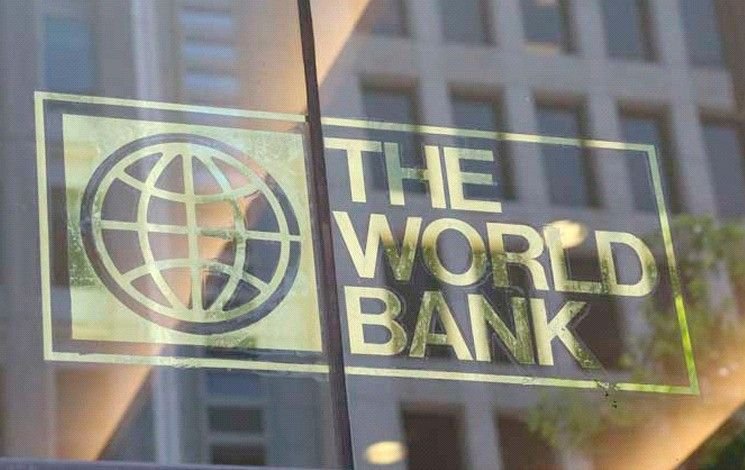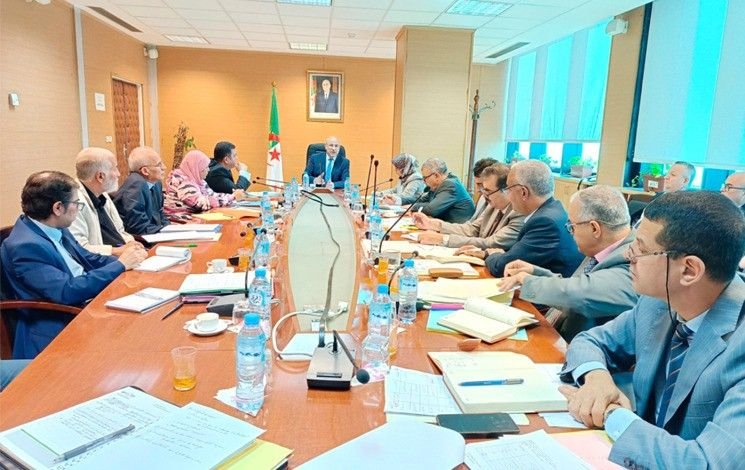National Economy Towards Sustained Growth
The revival of investment has been made possible, notably since the promulgation of law n°22-18, which grants numerous advantages and guarantees to project developers. Foreign investors are currently very interested in the Algerian market, as several partnership projects have been signed in recent months. A favorable international oil market situation has led to satisfactory crude oil prices and an increase in natural gas exports. According to the World Bank, all these factors place the national economy on a trajectory of robust economic growth over the next three years. However, the persistence of inflation may dampen its effects in the medium term.
In response to this report, international expert Dr. Abderrahmane Mebtoul believes that after a year marked by a negative growth rate of -5.1% in 2020 due to the COVID-19 pandemic, Algeria has improved its financial indicators with a positive evolution in its foreign exchange reserves, which are expected to reach $73 billion by the end of 2023, and $82/83 billion including gold reserves (173 tons) and IMF Special Drawing Rights (SDRs). He further noted that according to the same World Bank report, "foreign exchange reserves reached $68.8 billion in June 2023, equivalent to 17.2 months of imports, compared to $61.7 billion at the end of 2022, which is 15.9 months of imports of goods and services."
However, he continued to explain that "the current account surplus is expected to decrease from a record 9.8% of GDP in 2022 to 2.8% in 2023, before reaching 1.4% in 2024 and 0.5% of GDP in 2025." To be more specific, the expert added that according to the report, as the dinar followed a similar trajectory compared to the currencies used with its main trading partners (U.S. dollar, euro, yuan), nominal and real effective exchange rates (weighted by trade) also strengthened in the second half of 2022 before stabilizing in the second half of 2023.
Due to a decrease in hydrocarbon revenues compared to 2022 and increased spending, the budget deficit is expected to widen in 2023 and 2024, with an increase from 2.9% of GDP in 2022 to 6.8% in 2023 and 8.9% in 2024. The public debt-to-GDP ratio would increase by 5 percentage points between 2023 and 2025, reaching 60.2% of GDP in 2025, he estimated.
For the World Bank, the Algerian economy "strongly depends on a return to normal rainfall after three years of drought and the evolution of hydrocarbon revenues and the dynamism of the private sector, where credit growth to the private sector has remained moderate, while credit growth to public enterprises has slightly accelerated." Real GDP growth was 3.4% in 2021, 3.2% in 2022, and is expected to be 2.5% in 2023, almost equivalent to demographic growth, thus impacting the unemployment rate, which is over 14% in 2023. For 2024, a "GDP growth rate of 2.5% is expected, with an estimated amount of $234 billion in 2024, compared to $216.4 billion in 2023 (the government estimated it at $233 billion in 2023, thus a difference of $17 billion) and a forecast of $245 billion in 2025."
According to the World Bank, inflation has remained at a "high level, reaching 9.7% in the first eight months of 2023, with food prices at 14.0%, but it should gradually decrease in 2024 and 2025, subject to the implementation of prudent monetary and fiscal policies and the recovery of precipitation, supporting robust agricultural production."
In conclusion, our interlocutor believes that, according to this report, "Algeria has the potential to diversify its economy."
Source https://www.elmoudjahid.dz










